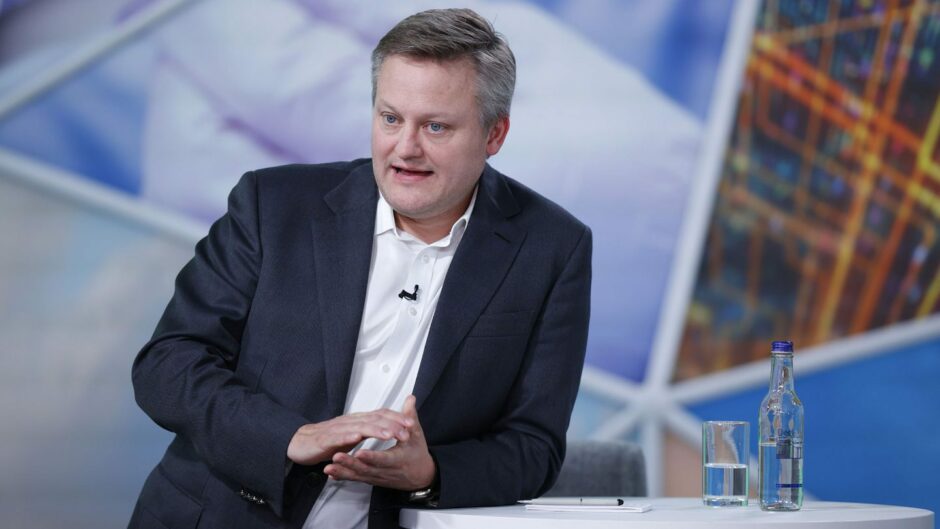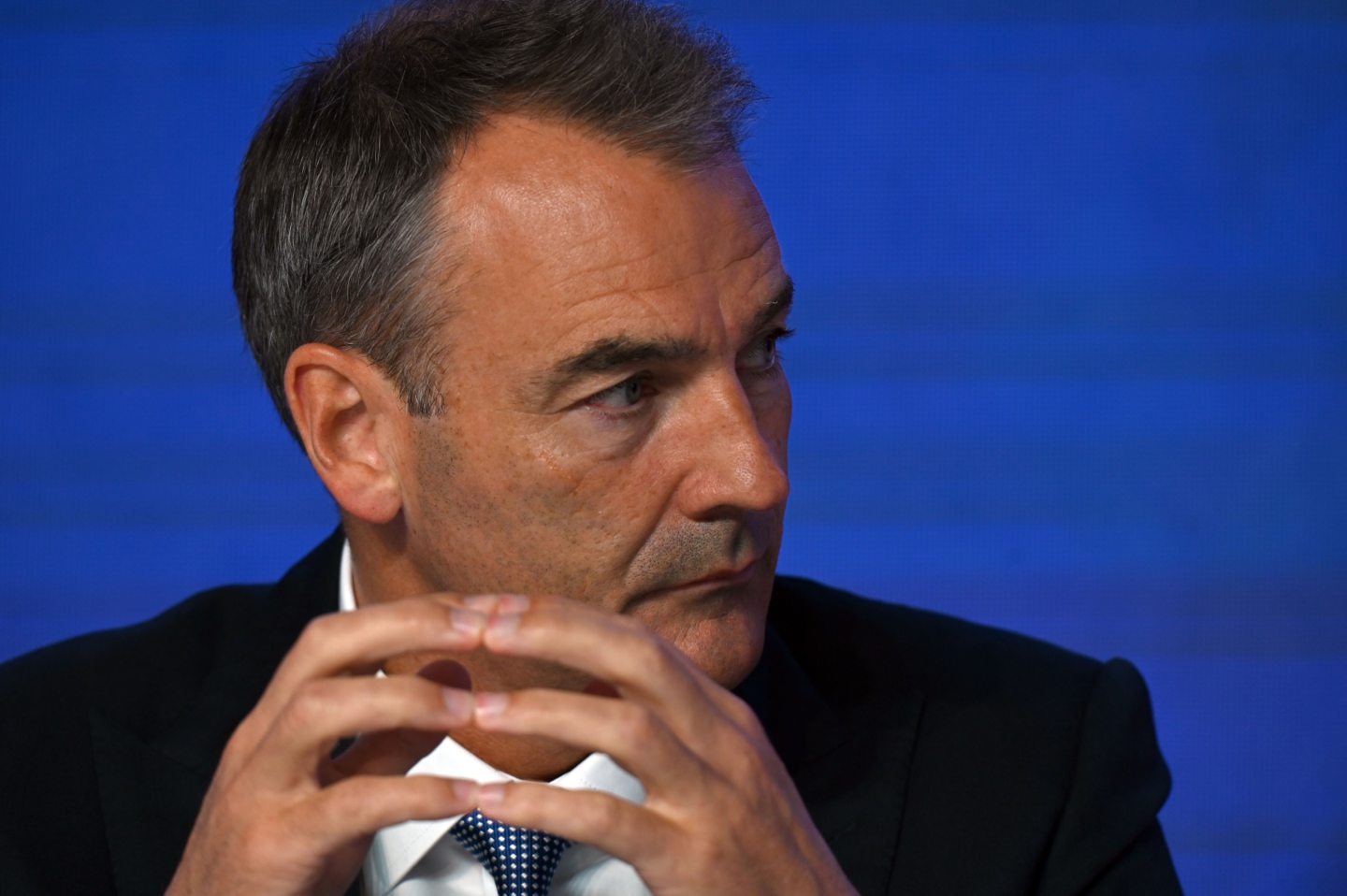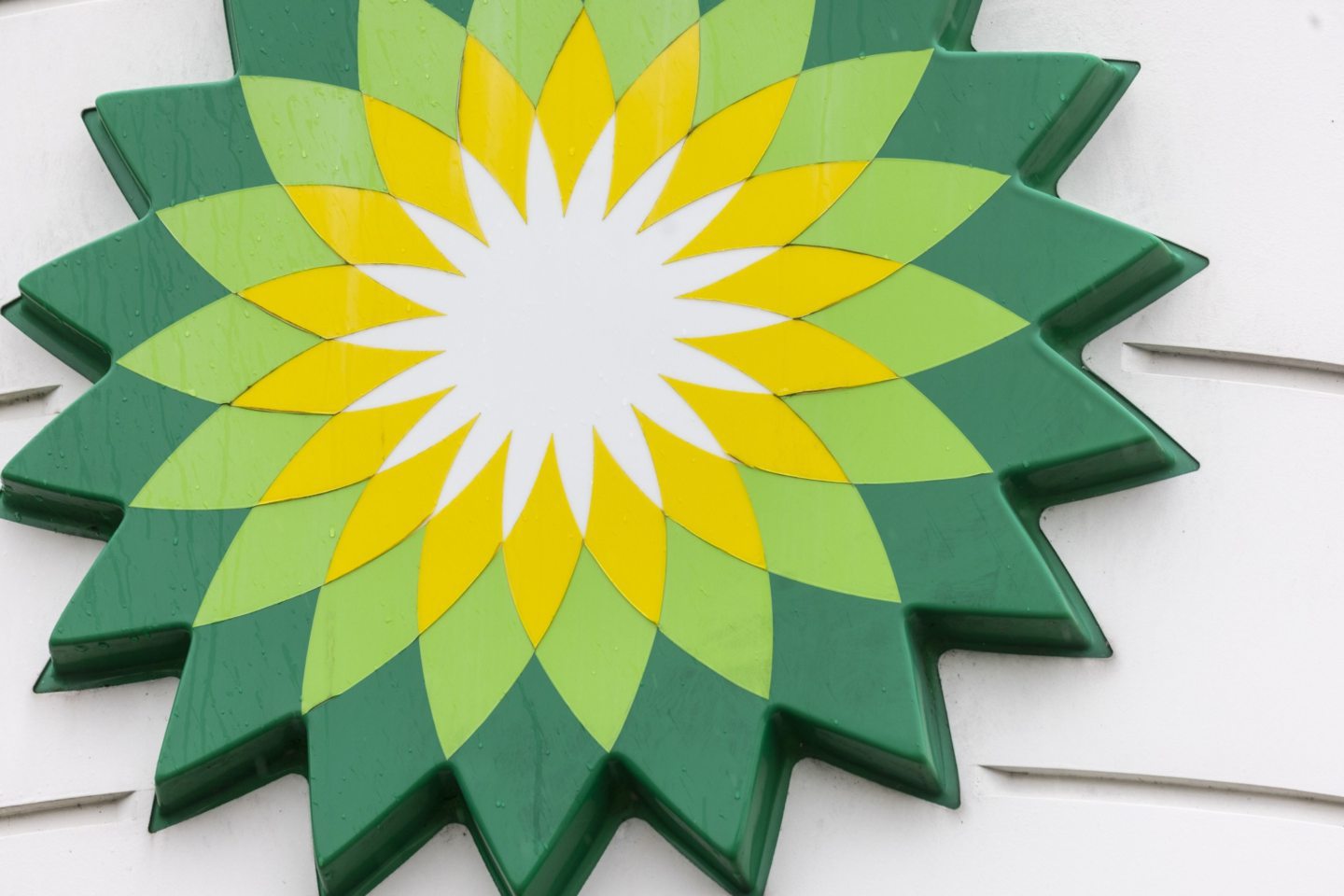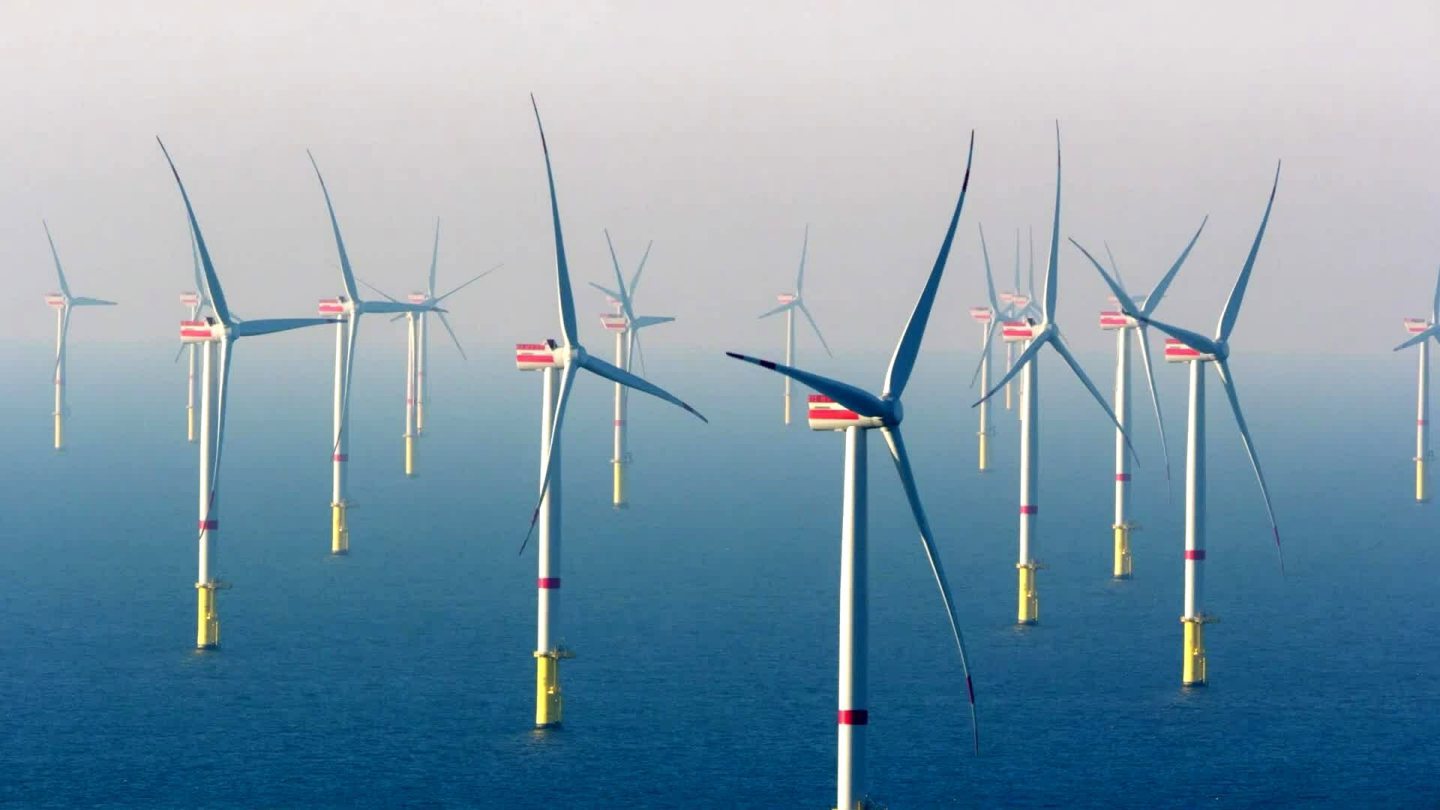
Newly appointed BP chief executive officer Murray Auchincloss took home just over £8m in pay in 2023, including £6.5m in bonuses.
Mr Auchincloss will take home a £1.45 million salary in 2024, equal to that of his predecessor Bernard Looney.
BP confirmed Mr Auchincloss as CEO in January after a months long search to replace Mr Looney after his resignation over personal relationships with colleagues.
The company later concluded Mr Looney “knowingly misled” the board over the scandal, dismissing him without notice as of 13 December.
As a result, Mr Looney initially stood to forfeit up to £32.5m in earnings, however BP has now confirmed the total remuneration forfeited to be closer to £28.8m.
Mr Looney took a £1.8 million overall hit to his remuneration in 2023 after BP applied a total of £2.98m in “malus and clawback” for the year. He also paid back 50% of his cash bonus for 2022, equalling £420,000.
Meanwhile, incoming chief financial officer Kate Thomson will take home a base salary of £800,000, lower than her predecessor Mr Auchincloss.
According to the annual report, the BP committee “felt this was appropriate, balancing her limited experience as a board member and CFO of a FTSE 20 company” against her market positioning and “proven capability” within the company.
“We will continue to review her salary as she develops within the role, with regard to performance and market competitiveness,” the report stated.
BP said Mr Auchincloss and Ms Thomson will not receive a salary increase in 2024, while the average wider workforce increase for the company will be 4.5% in the UK.
CEO salary criticised
The size of Mr Auchincloss’s pay packet was criticised by environmental campaign group Global Witness.
The group’s fossil fuels campaign leader Alice Harrison called on the UK government to introduce a “serious windfall tax and CEO bonus tax”.
“The millions paid out to BP’s CEO contrast with the millions of Brits in energy poverty, showing the sickening reality of our broken energy system,” Ms Harrison said.
“People everywhere, struggling to feed their families or heat their homes, have every right to be angry at BP’s huge profits and payouts.”
Net Zero progress
Elsewhere in the annual report, BP gave a progress update on its net zero ambitions.
In 2020, BP unveiled plans to become a net zero company by 2050, but the company has faced pressure in recent months from activist investors wanting a pivot back towards oil and gas.
According to the report, BP achieved a 41% cumulative reduction in scope 1 and 2 emissions against a 2019 baseline.
However, scope 1 emissions rose slightly in 2023 to 31.1 million metric tons from 30.4 million tons in 2022.
Meanwhile, the company recorded a 13% cumulative reduction in scope 3 emissions compared to 2019, and a 3% reduction in carbon intensity.
BP said it invested $3.8bn (£2.96bn) in energy transition growth in 2023, with a target to invest between $6bn and $8bn by 2025.
Mr Auchincloss said the annual report reaffirms the company’s ambition to be a net zero company by 2050.
“Over the past four years we’ve made real progress and learned a lot,” he said.
“I am confident that we can translate those learnings and progress into delivery and value going forward.
“Importantly, our net zero ambition is backed by our shareholders, employees and board. And the board remains firmly of the view that BP’s strategy is consistent with the Paris climate goals.”
Recommended for you


 © Bloomberg
© Bloomberg © Bloomberg
© Bloomberg © Supplied by BP
© Supplied by BP